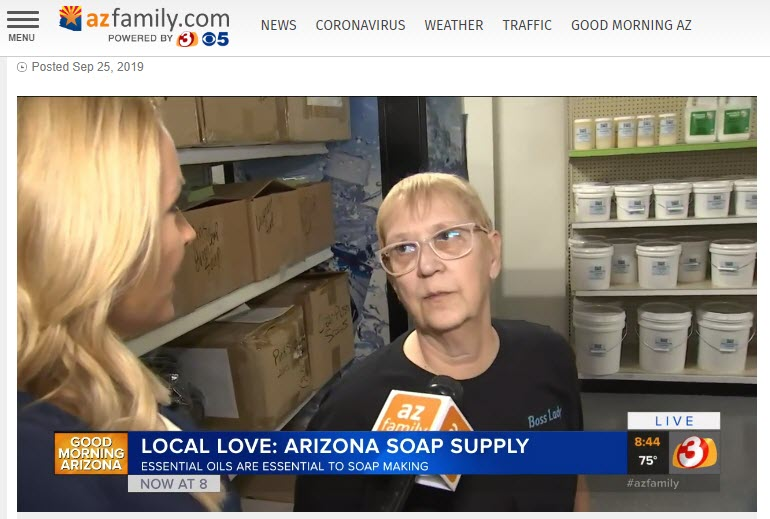The Difference Between Essential Oils and Carrier Oils
December 27, 2019 12.45pm
With the growing popularity of essential oils, many people are beginning to question what all of the different kinds of oils are about. One area of particular interest has been the difference between essential oils and carrier oils. These two prominent oil types are known for their many contributions to bodily health, but people have a tendency to get them mixed up. Each type of oil can provide you with a variety of benefits, but they ultimately serve different purposes. That is why for this article we are breaking down the primary differences between essential oils and carrier oils. This article should provide a better understanding of why and how they're used separately as well as combined together.

Essential oils are the more common oils that you will see everywhere offering a variety of homeopathic benefits. These oils have become so popularized that you can find them at many stores, and each one comes with its own unique features that can help you with a variety of maladies. Essential oils are derived directly from plants in various ways. They are the very essence of the plant and generally offer a pleasant aroma as well as concentrated benefits that can be obtained from the plant itself. For example, peppermint essential oil can be applied to muscles as a part of a massage oil recipe, or it can be used for flavoring hard candy. This oil is taken directly from the plant, often through a distillation technique, and then provided to the consumer in its pure form. When you touch an essential oil, it is generally a fine oil that can spread easily across your skin. Essential oils need to be diluted by mixing a drop or two in with a carrier oil. Using them alone is normally much too potent for topical use.
Carrier oils, on the other hand, are known for their fatty attributes. These thicker oils are used, more often than not, in tandem with essential oils to make a better and safer delivery method. Common carrier oils include coconut oil, avocado oil, and jojoba oil. These viscous oils are beneficial for diluting other essential oils or essences to make for a less potent delivery. For example, since you know that straight peppermint oil is too harsh for your skin, you can use jojoba oil to thin out the concentration and make it easier for you to spread your preferred oils without fear. Carrier oils are also known for making it easier for your body to absorb essential oils. This is beneficial because it means that you will need less of your essential oils to have the same impact. Additionally, carrier oils often have a wonderful hydrating effect on the skin. While many carrier oils are used alone for various purposes, they're especially important when combined with essential oils. Carrier oils allow for the scent and other beneficial attributes of the plant to be safely applied to the skin or added into massage or diffuser blends.

Though these two oils are both incredibly important and can work well together, each one has their own special traits that make them equally important for just what they are. The distinction of these oils and how they are used is really in the texture and the way that they interact with the body and each other. Essential oils are great for providing you with a variety of health benefits. Carrier oils make it that much easier for you to use essential oils to find relief. While you can certainly use one or the other to derive the individual benefits, there is that much more power when you use them both together. Be sure that you are purchasing pure, unadulterated essential oils like those available in our shop. Browse our essential oils and carrier oils today and sign up for our classes to learn everything you need to know about using them in your favorite soap or skincare recipes. See you there!









